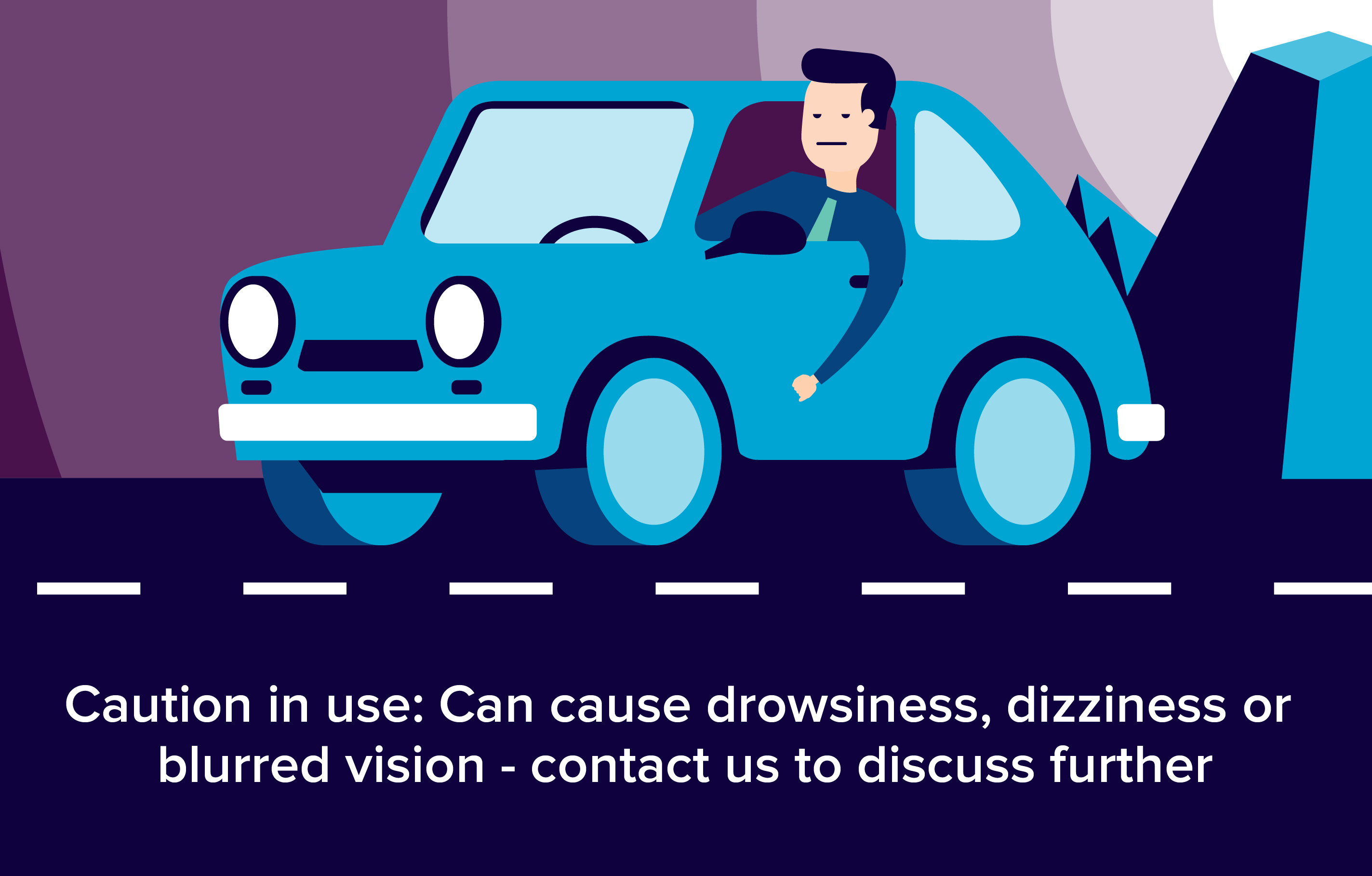Glibenese (Glipizide) is used to lower blood sugar (glucose) in patients with non-insulin-dependent diabetes mellitus (NIDDM for short). This is also called maturity-onset (adult) or Type II diabetes. It is always used in addition to a diet which restricts sugars and fats.

Why have I been prescribed Glibenese?
- Glibenese (Glipizide) is used to lower blood sugar (glucose) in patients with non-insulin-dependent diabetes mellitus (NIDDM for short). This is also called maturity-onset (adult) or Type II diabetes.
- It is always used in addition to a diet which restricts sugars and fats.
How does it work?
Glibenese stimulates the production of insulin from the pancreas, thereby increasing control of blood glucose levels.
When and how do I take it?
- Glibenese should only be taken by mouth. It is important that you take your tablets according to the instructions of your doctor. These will be written on the label of the pack. Do not take more Glibenese than your doctor has recommended.
- Do not stop taking the tablets or adjust your dosage without seeing your doctor. Stopping the medicine may make the diabetes worse. It is important that you eat regular meals, follow your doctor's advice about the foods you eat, take regular exercise and test your blood glucose regularly.
What’s the dose?
- The usual starting dose is one 5mg tablet taken once daily usually ½ hour before breakfast or the midday meal.
- Maximum daily dose is 20mg.
Could it interact with other tablets?
A number of medicines may interact with Glibenese and affect diabetic control. You should tell your doctor if you are taking any of these medicines or any other medicines which you are unsure about:
- Anti-inflammatory agents (used to treat muscle and joint pain).
- Salicylates, such as aspirin (used as a pain killer).
- Sulphonamides (used to treat bacterial infections).
- Chloramphenicol (an antibiotic used to treat bacterial infections).
- Probenecid (used to treat gout, or sometimes given with an antibiotic).
- Coumarins (used to prevent blood clots), eg warfarin.
- Monoamine oxidase inhibitors (used to treat depression).
- Betablockers (used to treat high blood pressure and certain heart conditions).
- Diuretics (water tablets).
- Steroids.
- Phenothiazines (used to treat psychiatric conditions).
- Thyroid products (used to treat patients with low production of thyroid hormones).
- Oestrogens, progestogens and oral contraceptives.
- Phenytoin (used to treat epilepsy).
- Nicotinic acid (used to lower cholesterol and other lipid levels).
- Sympathomimetics, such as nasal decongestants and bronchodilators (used to treat asthma).
- Calcium channel blocking drugs (used to treat angina and high blood pressure).
- Isoniazid (used to treat tuberculosis).
- Miconazole, fluconazole or voriconazole(used to treat fungal infections).
- Angiotensin Converting Enzyme Inhibitors (ACE): used to treat high blood pressure.
- Alcoholic drinks (wine, beer, spirits) may upset diabetic control.
- H2 antagonists such as cimetidine used to treat stomach and duodenal ulcers, and other digestive disorders
Herbal products should also only be taken after talking with your doctor.
What are the possible risks or side-effects?
The most common effect is low blood sugar (hypoglycaemia), in rare cases this can be serious.
Hypoglycaemia may cause faintness, sweating, shaking, weakness and confusion.
It may be due to lack of food or too high a dose of the medicine.
It can be put right by eating or drinking something sugary. If this occurs you should tell your doctor.
If you suffer any of the effects listed below tell your doctor if they are troublesome, severe, or do not wear off as treatment goes on:
- Nausea
- Diarrhoea
- Constipation
- Pain in the stomach
- Vomiting
- Itchy skin, skin rash or eczema
The following may also be symptoms of hypoglycaemia:
- Malaise
- Tremour
- Visual impairment (blurred or double vision) and decreased vision
- Sensitivity to light
- Dizziness
- Drowsiness
- Headache
The following effects have occurred in patients being given this medicine, but they may not be due to the drug:
Abnormalities in liver function or other biochemical tests.
Can I drink alcohol while taking it?
- Alcoholic drinks (wine, beer, spirits) may upset diabetic control.
What if I’m pregnant/breastfeeding?
Glibenese cannot be used during pregnancy. Serious consideration should be given to the potential hazard of using glibenese in women of childbearing age who may become pregnant.
Although it is not known whether glibenese is excreted in human milk, some similar drugs are known to be so. It is therefore not recommended that a woman breast feed while taking this medication.
If you have any more questions please ask your Pharmacist.
Remember to keep all medicines out of reach of children
Please Note: We have made every effort to ensure that the content of this information sheet is correct at time of publish, but remember that information about drugs may change. This sheet does not list all the uses and side-effects associated with this drug. For full details please see the drug information leaflet which comes with your medicine. Your doctor will assess your medical circumstances and draw your attention to any information or side-effects which may be relevant in your particular case.
References:
http://edudrugs.com/G/Glibenese.html
http://medical-dictionary.thefreedictionary.com/Glibenese
http://www.drugs.com/international/glibenese.html

